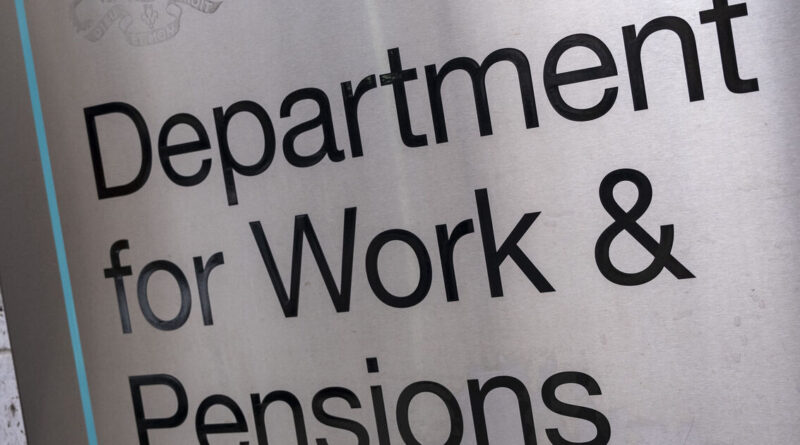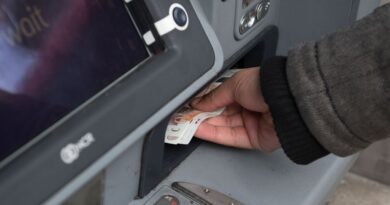I was forced to repay DWP £1,600 – I’m worried by crackdown | Personal Finance | Finance
A plan to seize money from people’s bank accounts in a benefit fraud crackdown risks repeating the scandal of carers being unfairly targeted for repayments, it is claimed.
One carer who was forced to repay £1,600 to the DWP for infringing the rules while looking after her husband has said she was ‘made to feel like a criminal’.
It is understood that the Government plans to give welfare investigators the power to take money from both bank accounts and payslips in its forthcoming fraud bill.
However, there are fears that people could be unfairly identified and targeted with the result money is taken away from vulnerable people who have done nothing wrong.
The alarm has been sounded by campaigners who point to the way carers who look after disabled loved ones have been criminalised for unwittingly claiming too much through carer’s allowance overpayments.
Strict rules mean those in receipt of carer’s allowance, worth only £81.90 a week, are not allowed to earn more than £151 per week.
If a carer goes over this amount, even by a few pence, they lose their entitlement and must pay back the full amount with the result that some families have been pursued for up to £20,000.
Katy Styles, an unpaid carer to her husband Mark, who has motor neurone disease (MND), said she hoped the proposals would not mean a repeat of the carer’s allowance overpayments controversy.
“I’m hoping this is a crackdown on organised fraud, as opposed to penalising vulnerable individuals,” the 55-year-old from Cambridge, who started the We Care campaign group, told i.
“But I’m concerned about how robust protections to protect individual carers and disabled people might be.
“Considering the Government has struggled to keep its own house in order, considering they couldn’t sort out (carer’s allowance) overpayments and allowed those to rack up, it’s concerning. I’m worried about unintended consequences.”
Mikey Erhardt, campaigner at Disability Rights UK, said the bill was “a digital sledgehammer to crack the tiniest nut”.
He added: “These new powers would see millions deprived of the presumption of innocence, adding to the criminalisation we already face in a punitive welfare system.”
Elizabeth Tait, an unpaid carer from Thames Ditton in Surrey, was forced to repay more than £1,600 to the DWP after she accidentally breached the “confusing” earnings limit for carer’s allowance.
The former teacher said it had been a “brutal experience” to have been “made to feel like a criminal” by the DWP.
Ms Tait – whose late husband had claimed personal independence payments (PIP) after becoming terminally ill with cancer – said she hoped that both carers and disabled people would not be subjected to intrusive investigations.
She told i: “I think disabled people should be exempt from this, because the assessment process to make claims is already so robust. To snoop on disabled people would be cruel.
“They should have to notify people and explain repayments, rather than take money straight out of people’s bank accounts. There is a risk it will be implemented the wrong way”.
Ms Tait added: “The Government does make mistakes. There has to be a human element to any investigation – a real understanding of people’s circumstances. Because innocent people have been tied up with people who are fraudulent.”
New powers to take money directly from the bank accounts and pay slips of people who have over-claimed on benefits are set to be included in the forthcoming Fraud, Error and Debt Bill.
The Work and Pensions Secretary Liz Kendall hinted at change and the implementation of new powers by saying it is “absurd” that investigators’ powers had not been updated in the last 20 years.
She added: “Our bill will give them similar powers as HMRC to investigate fraudsters – it’s time we give them the tools they need for the fight.”
The minister attempted to offer reassurance by saying there would be independent oversight, promising that “there will always be a human to check over fraud investigations to make sure any investigation is right and necessary”.
Last month the DWP said the planned legislation would not mean the Government had access to people’s bank accounts. But it said it would “allow DWP to recover debts from individuals” and require banks “to share data that may show indications of potential benefit overpayments”.
The Government claims fraud and error in the welfare system costs the taxpayer almost £10bn a year.





